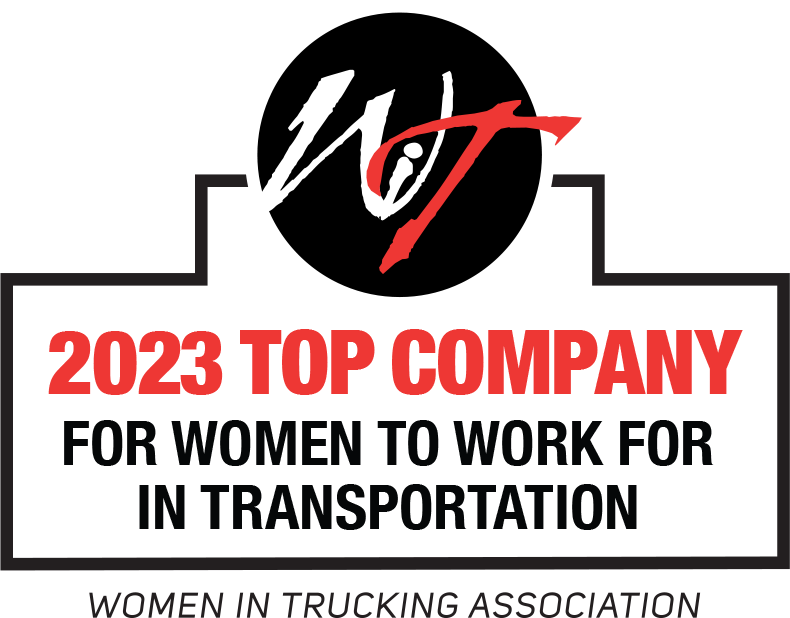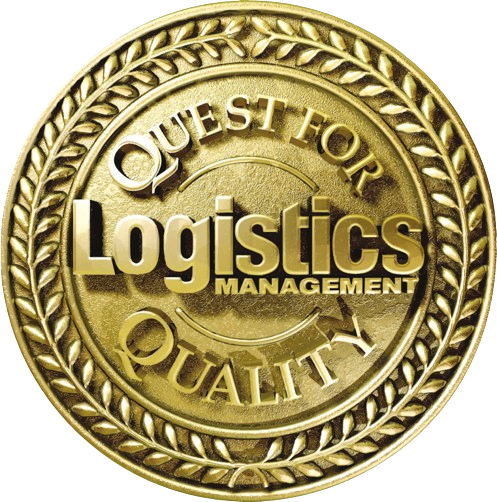Leaving seems to be a trend in the UK as of late. Harry and Meghan have officially stepped down as senior members of the Royal Family and the UK has begun its separation from the European Union. As of today, January 31, 2020, the much anticipated “BREXIT” is in effect with an 11-month period to fully transition away from the EU (ending December 31, 2020).
So, what does this mean in terms of an immediate impact on shippers? Right now, nothing really. The transition phase will allow the UK to negotiate a possible Free Trade Agreement while still remaining as part of the EU’s customs union and single market, which means shipping processes will largely remain the same for the rest of 2020. But, this doesn’t mean shippers should remain stagnant.
The EU is holding strong on their stance of absolutely no extensions to this deadline. So, if the UK and the EU can’t come to an agreement by December 31, 2020, the potential for tariffs on exports to the remaining 27 countries in the Union will become a very real possibility. Countries that don’t have a trade agreement with the EU must also comply with customs procedures and tariff schedules from the World Trade Organization.
The good news is, while the UK and the EU hash out their terms over the coming months, shippers will have time to adapt and plan for the possible changes to come. Here’s what you need to know.

In today’s market, especially with Brexit upon us, shippers of all sizes need to seek assistance from industry experts to design smart and sustainable solutions to optimize their transportation spend. Mitigate your risk by implementing AFS Parcel Cost Management and Engineered Solutions. Our Analytics and International specialists can analyze your supply chain and work on your behalf with FedEx, UPS and DHL, to prepare your business for the impact of Brexit. The clock starts NOW.
Give us a call at 877-242-3383 or send us an email at [email protected].









